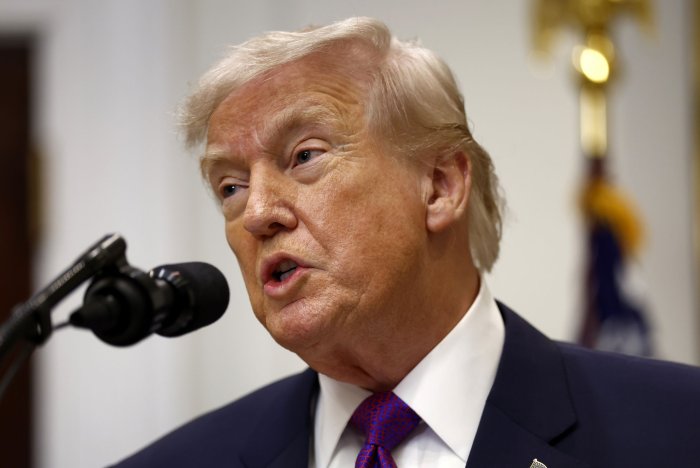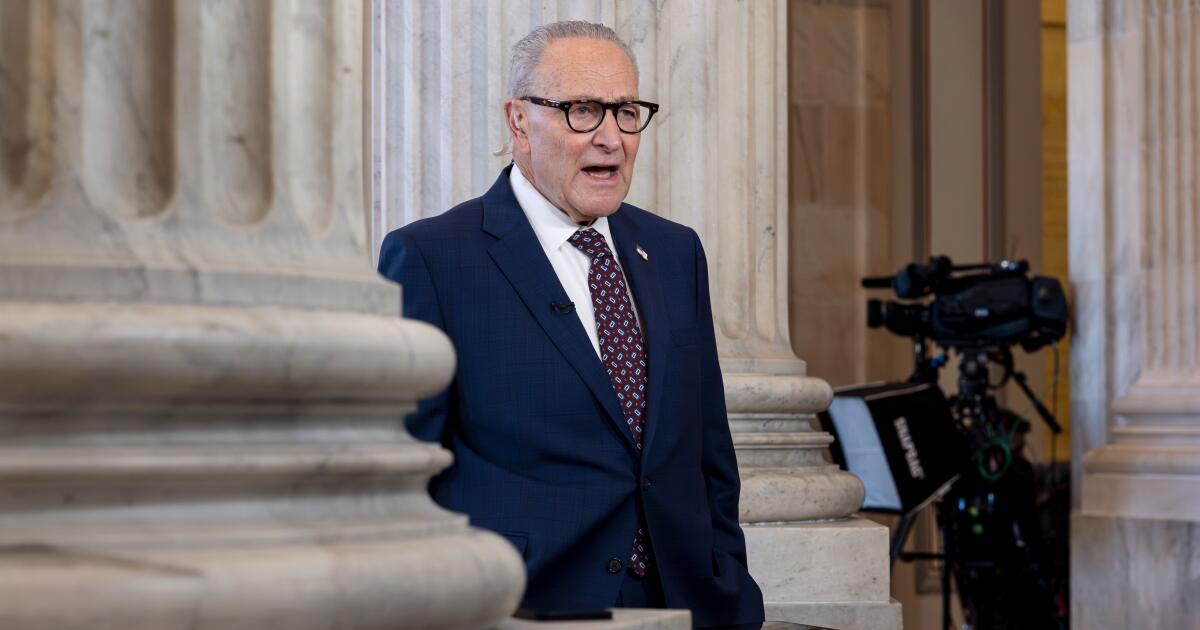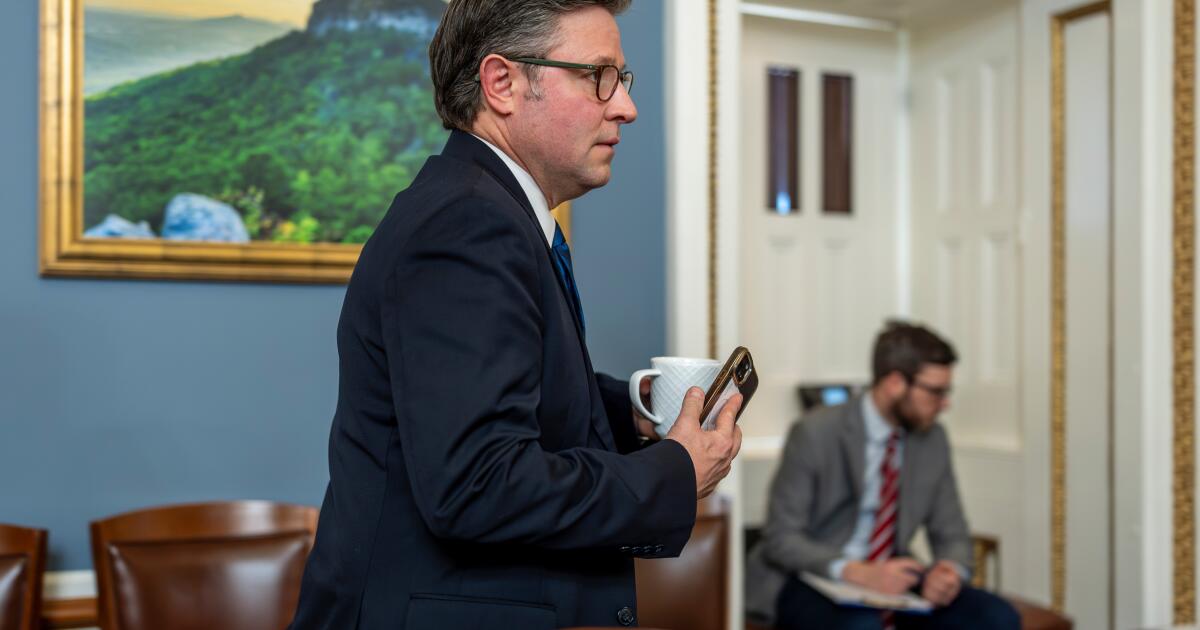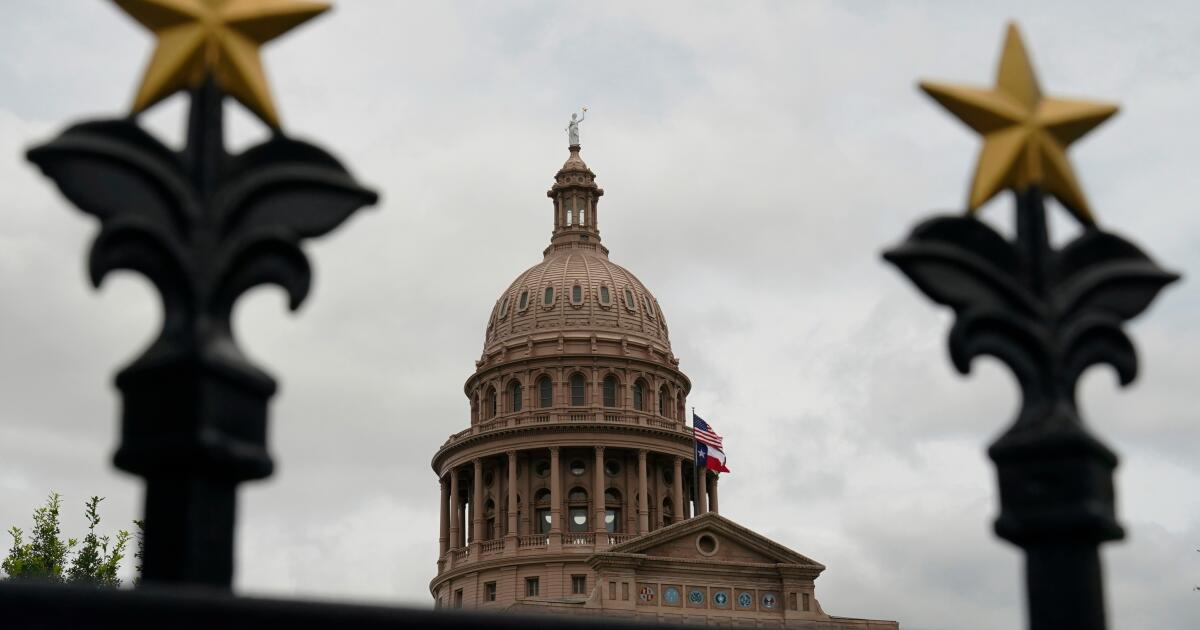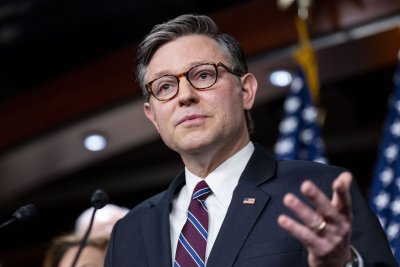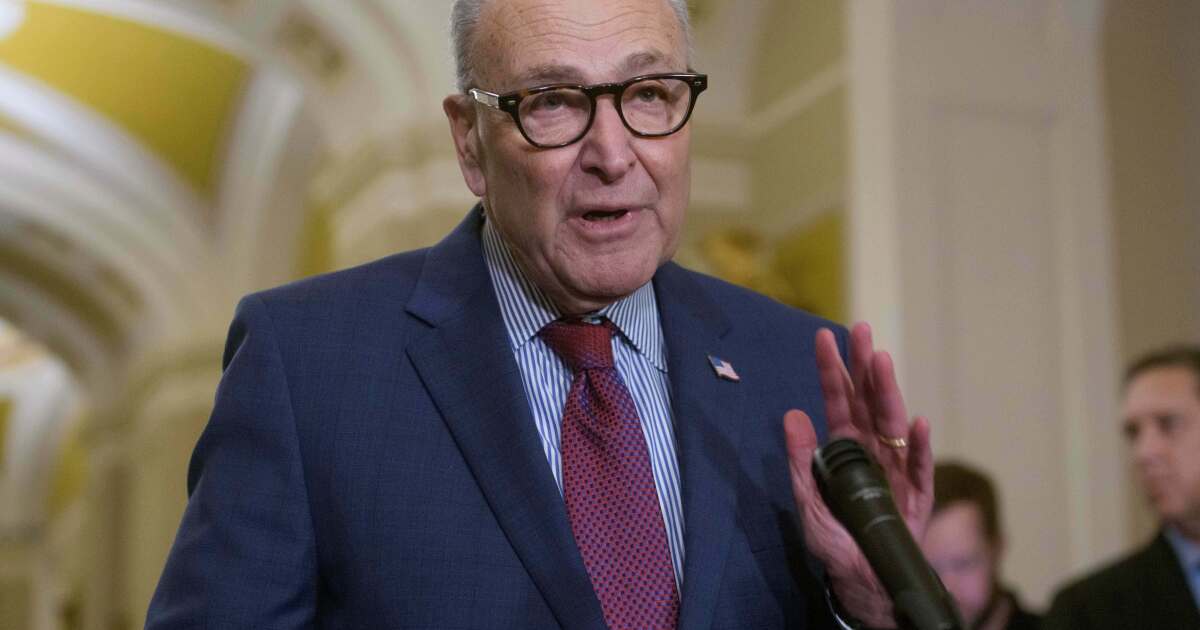California Elections : Boatwright Roils Waters in State Senate Race
RICHMOND, Calif. — New bumper stickers reading “Jesse Jackson/Dan Boatwright” appeared recently in this heavily black and economically struggling industrial city across the bay from San Francisco.
“Can you believe that?” state Senate candidate Sunne McPeak grumbled. “It makes it appear that Jesse Jackson has endorsed Dan Boatwright. He hasn’t. And Boatwright hasn’t endorsed Jackson. It’s misleading.”
McPeak, for 10 years a Contra Costa County supervisor, is challenging Sen. Daniel E. Boatwright, a white, 16-year veteran of the Legislature, in the hottest state Senate contest in the June 7 primary election.
On the same day the Jackson/Boatwright bumper stickers showed up, McPeak, who also is white, trumpeted the endorsement of her candidacy by Los Angeles Mayor Tom Bradley as she walked black precincts in the 7th Senate District, which includes most of Contra Costa County.
Boatwright, widely regarded as a conservative Democrat who said he has not endorsed any candidate for President but will support the party’s nominee, denies that the bumper stickers are misleading. He asserts, while denying any contradiction, that they merely are intended “to get Jesse Jackson and me elected.”
In a tight election, the black vote–which Boatwright said makes up 15% of the Democratic registration–could be pivotal.
McPeak and Boatwright seem to share the same conservative political philosophy on many issues. Both fiercely oppose export of additional water from Northern to Southern California without ironclad guarantees that water supplies in their home base of Contra Costa County will not be degraded or diminished.
McPeak gained statewide attention in 1982 when she spearheaded a successful referendum that overturned a law that would have built the controversial Peripheral Canal, a project strongly supported by Southern California water interests and opposed by Northerners.
McPeak, 39, a former health care consultant, is the mother of two school-age children. An attorney, Boatwright, 58, is the father of three grown sons.
The Democratic winner in June will face Republican William Pollacek, a Martinez city councilman who is unopposed in the GOP primary. Although declining in numbers, Democrats still hold a big registration advantage in the district, 53.7% to 35.1% over Republicans. So the Democratic primary winner is a heavy favorite to emerge victorious in November.
The fast-growing region is a bedroom for San Francisco and includes some of the wealthiest neighborhoods in the Bay Area, as well as some of the poorest. Ethnically diverse, Anglos account for roughly 71% of the district’s population, blacks 10%, Latinos 9%, Asians 5% and others 5%. But since blacks register heavily in the Democratic Party, they represent a much larger voter bloc in Democratic primaries than they do in general elections.
Boatwright’s casual manner masks an explosive temper and the tenacity of a pit bull. He delights in characterizing himself as “tough as a cob” and still speaks in a slight drawl that lingers from his boyhood in Arkansas
In legislative skirmishes, he has been known to invoke his experience as a combat infantryman in Korea and once told a reporter: “I’ve never seen anybody around that I couldn’t lick. And if I can’t do it with my fist, I’ll still do it.”
But the tough-talking Boatwright also writes poetry. In a sentimental poem printed in a campaign brochure, Boatwright talks of soaring “like a magic machine” with Jonathan Livingston Seagull.
Boatwright unabashedly boasts of his fondness for dipping into the “pork barrel” of public projects and delivering them to his constituents, including the expansion of Mt. Diablo State Park and authorization for a new state university campus at Concord.
“See that ridge up there?” he said, pointing to an undeveloped saddle of land as he wheeled his sedan through a scenic valley en route to a meeting with constituents to discuss creating a new bay-side park. “We saved that for open space.”
Last year, Boatwright carried a major bill for his district that proposed massive rehabilitation of deteriorating levees in the Sacramento-San Joaquin Delta. But he got into a feud with fellow Democratic Sen. Ruben S. Ayala of Chino, chairman of the Senate Water Committee, and Ayala sent the bill back to his committee, never to re-emerge.
This left Boatwright open to political attack that he had failed his constituents. But pressure continued for a levee repair bill and in December, environmentalists, farmers, Southern California water interests, Deukmejian Adminstration water officials, Ayala and Boatwright agreed to a virtually identical measure.
Boatwright’s name was attached to the new bill as its author and it became law in March.
“Boatwright needed a substantial bill to run with in his district,” observed a Senate Democratic staff source.
McPeak, still active in water affairs, contends that the compromise would never have occurred without “pressure” from herself and others.
Now, Boatwright has proposed drought-spawned legislation that would require the installation of water meters in Sacramento, one of the few major population centers in California where water rates are not tied to water usage. Boatwright maintains that 25% of water used in Sacramento is wasted and if metering forced water conservation, his downstream district would benefit. Similar measures have failed in the past.
In her quest to unseat Boatwright, who concedes that this reelection race is his toughest, McPeak goes from door to door telling voters that “the incumbent has been in the Legislature for 16 years. I think it’s time for a change. Don’t you?”
For Boatwright, it is the first time since his election to the Senate in 1980 that he is spending his Saturdays walking precincts and knocking on doors in search of votes. His support includes Senate staff employees from Sacramento who “volunteer” to walk.
McPeak decided to take on Boatwright against the advice of the Democratic Establishment, including Senate leader David A. Roberti of Los Angeles, who last year perceived Boatwright as conspiring to topple him as president pro tem of the Senate.
As a result, Roberti fired Boatwright as chairman of the Appropriations Committee, one of the Senate’s most prestigious posts. Later, Roberti softened the punishment and appointed Boatwright as a member of the committee.
Lukewarm to Candidacy
Some Senate sources have suggested that Roberti is privately only lukewarm to Boatwright’s candidacy. But in keeping with Senate’s clubby tradition of standing by their own, Roberti has publicly pledged to provide “whatever is necessary” in campaign contributions to secure Boatwright’s renomination. Although he may be a rebel at times, Boatwright still is a member of the Senate Democratic fraternity.
Boatwright, who coasted to victory in previous reelection campaigns, estimated his primary election budget at $500,000, a substantial sum for an established incumbent. McPeak estimated her spending at $300,000, with most contributions coming from residents and organizations within the county, many of them developers.
McPeak, endorsed by some labor unions who had been urged by Roberti to remain neutral in the primary, portrays herself as an outsider, striking out against the “power brokers, the bosses, the political dictators” in Sacramento who counseled her not to run.
However, delegates to a recent convention of the California Democratic Party endorsed her over Boatwright, who became the only incumbent Democrat to not receive the endorsement of his party.
Although Boatwright did not seek the endorsement, giving it to McPeak rankled him. “I resent the state Democratic Party injecting itself into my race,” he said. “They don’t know how I vote in the Senate, and they shouldn’t be telling people in my district how they should vote.”
Stirs Controversy
Virtually from his first election to the Assembly in 1972, Boatwright has stirred controversy. He has been the subject of investigations by a local district attorney, state attorney general, Fair Political Practices Commission and the FBI. In each case, no charges were filed.
Additionally, he was sued by a citizen watchdog organization for allegedly failing to accurately disclose the value of two shares of stock he owned in a Walnut Creek shopping center. He purchased them for $24,000 in 1973 but the lawsuit charged their actual value exceeded $300,000. Boatwright won in court.
Later, the Internal Revenue Service claimed that Boatwright and his former wife owed $112,800 in back taxes and penalties on income from that stock allegedly not reported in 1976. Boatwright sued the IRS and the agency dropped the action, a Boatwright aide said.
McPeak said she does not intend to hit Boatwright about the investigations but will concentrate on his legislative record.
“We won’t get into that,” she said. “We are focusing on issues that affect the future. We are talking about his voting record. . . . We think that is sufficient.”
But Boatwright is skeptical. “She can’t get me on my record,” he asserted. “She is going to have to start attacking me personally. She is going to get down and dirty. She has to.”

